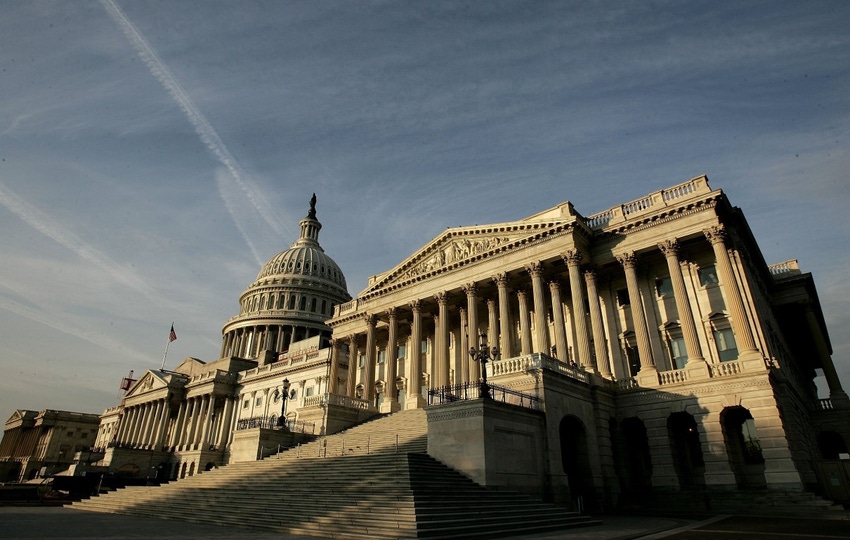November 17, 2017

According to the www.agclassroom.org website, 18th century agriculture was largely labor intensive as agriculture required tremendous amounts of hand labor to sow seed, sickle cut hay and grain, and guide oxen and horses for power.
Several major developments toward agricultural mechanization included Eli Whitney’s cotton gin invention in 1793, and the development of the food canning industry around 1820. In the 20th century, mechanization gained an agricultural foothold when one single business exclusively focused on building tractors.
On the environmental side, farmer ingenuity created more sustainable farming practices including no till in the 1970s. Today, no till and low till are commonplace practices in many areas to reduce soil erosion. Then, revolutionary biotechnology was launched in 1977 in soybeans and cotton to provide weed and insect resistance and better crop management with improved sustainability.
These are just a few of the agricultural inventions made possible by rural ingenuity; farm and agribusiness leaders who tapped their human ingenuity to solve problems to improve agriculture. It’s the ��‘can do’ spirit that has spearheaded agriculture to bring answers to its problems. Maybe this ingenuity should be tapped further.
Politics today is more polarized than ever with seemingly few politicians willing to give and take enough to make a decision for the common good. Instead, problems seem to last indefinitely, left for future generations to decide.
Perhaps it’s time to bypass the political process and tap agricultural smarts to the next level and allow the best minds in agriculture to decide current day rural issues. Let those with everything to gain and lose on an issue gather at one place with mandatory consensus.
For example on the renegotiation of the North American Free Trade Agreement (NAFTA), we could bring together agricultural leaders and others directly involved in trade in Canada, Mexico, and the U.S. and allow them to determine the best way to handle farm trade between the countries. Their decisions would be final.
Today’s political process seemingly is frozen, partial, and broken. Perhaps it’s time to think outside the box and consider something different. We unfortunately need another method to bring about real change in our country.
You May Also Like




